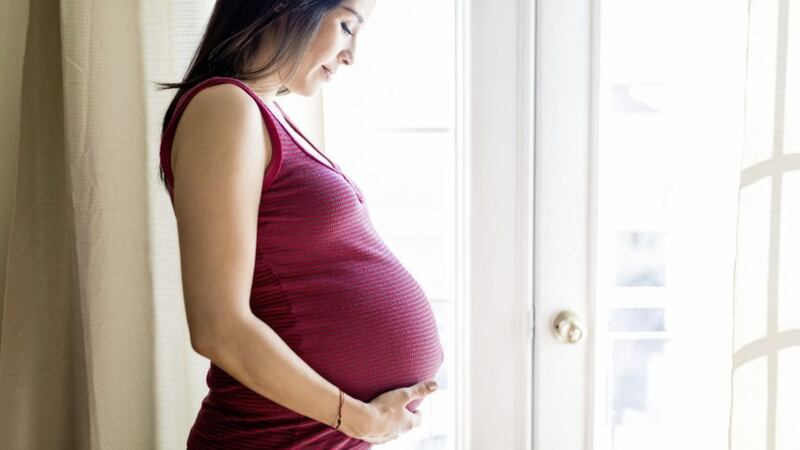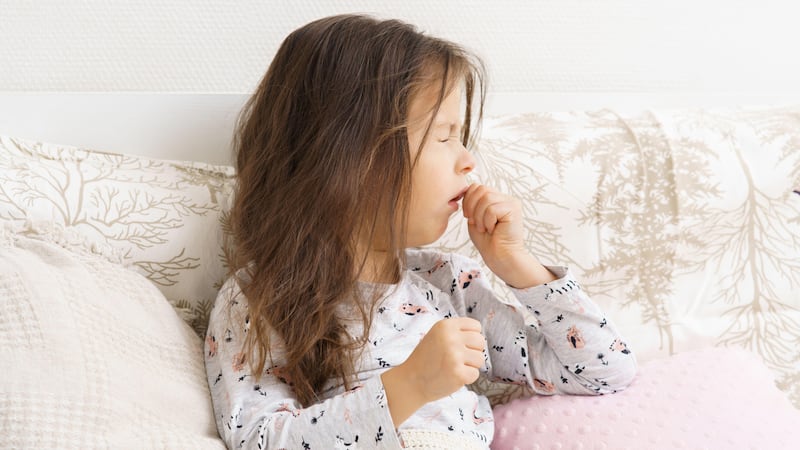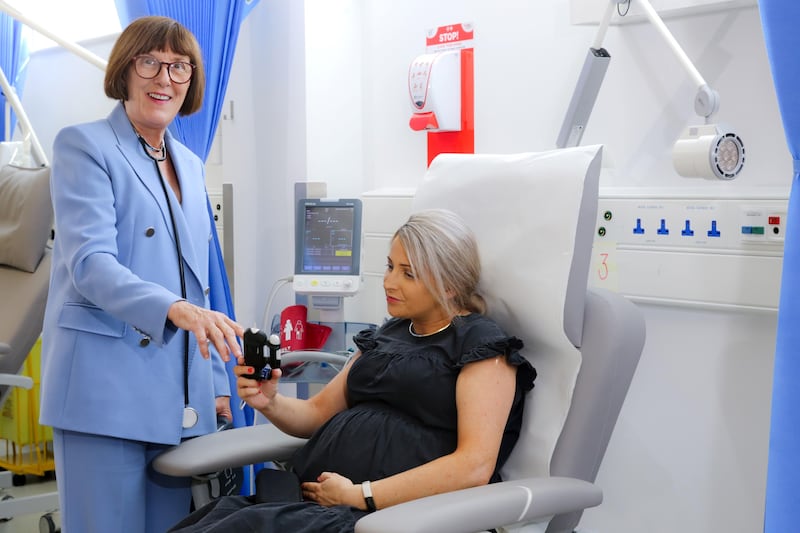Q: I'M ABOUT to give birth and I'm worried about my baby's health because of the coronavirus pandemic, and also about the lack of support I'll have from family and friends because of the lockdown. What advice can you give?
A: Midwife Clare Livingstone, professional policy advisor at the Royal College of Midwives (RCM), says: "Pregnancy can be an anxious time anyway, and many women will feel particularly worried during this pandemic.
"Current evidence suggests catching Covid-19 is unlikely to cause problems for a baby's development or increase the risk of miscarriage. However, it's vital you maintain contact with your midwife, especially if you have concerns about your wellbeing or your baby's movements.
"The RCM advises women to check local arrangements for antenatal appointments. Many maternity units are replacing some face-to-face consultations with phone calls or video link, avoiding unnecessary travel and reducing the risk of infection.
"Appointments for scans, blood pressure and urine checks and blood tests will still go ahead, but may be undertaken as a 'one-stop shop'. Hospital restrictions on visitors may mean partners are unable to attend all appointments or access postnatal care wards. However, this shouldn't impact on a birth partner's presence during labour or birth, unless they're unwell themselves.
"For new mothers, particularly first-time mothers who may be feeling isolated due to lockdown, we'd encourage you to reach out to friends and family via phone or video call to chat so you feel less alone and, of course, raise any more serious concerns about being alone with your baby with your midwife. Women will continue to be visited at home in the postnatal period, although the service may be reduced.
"You should speak with your midwife if you feel in need of additional support, and check out advice available on NHS (nhs.uk/conditions/pregnancy-and-baby) and National Childbirth Trust (nct.org.uk) websites."








